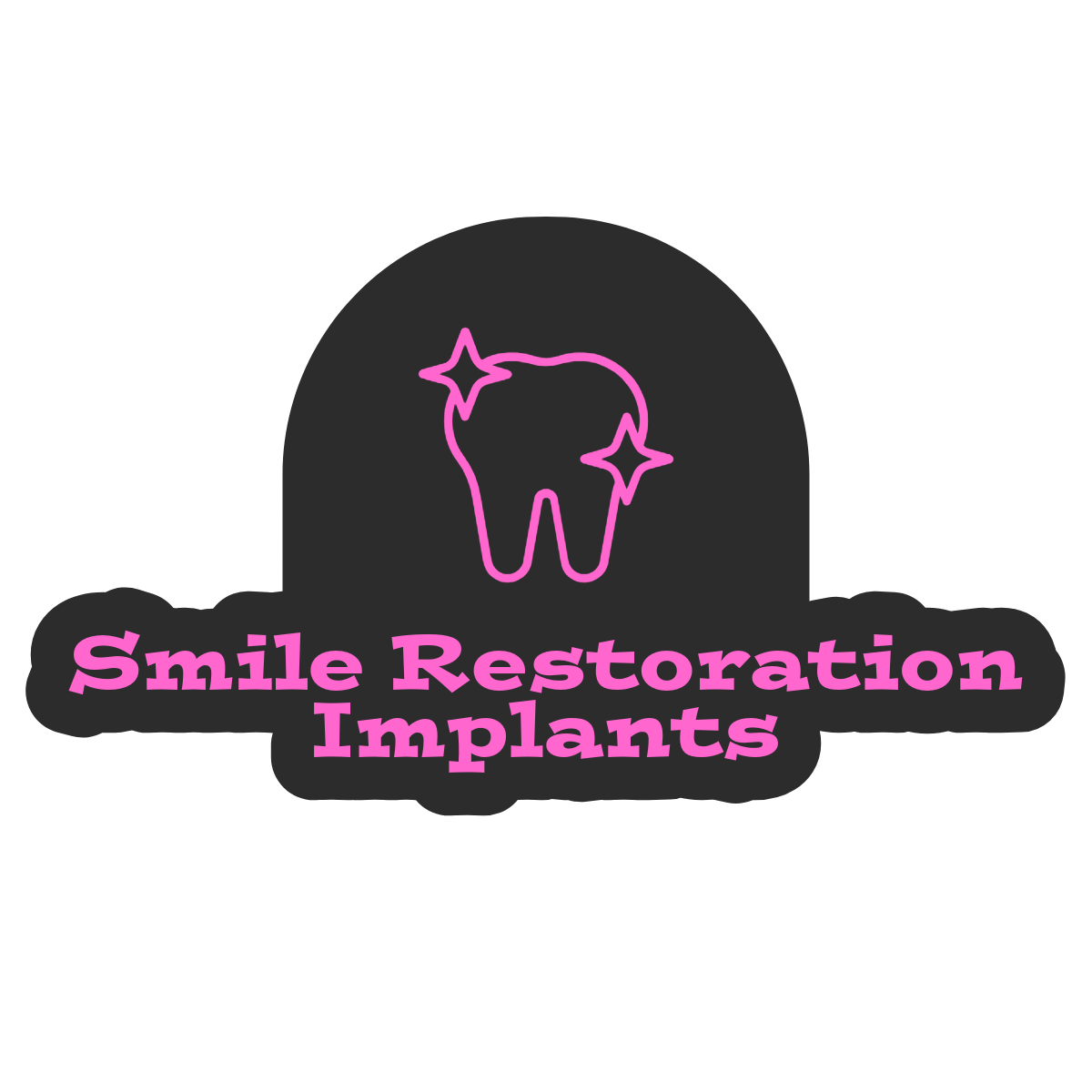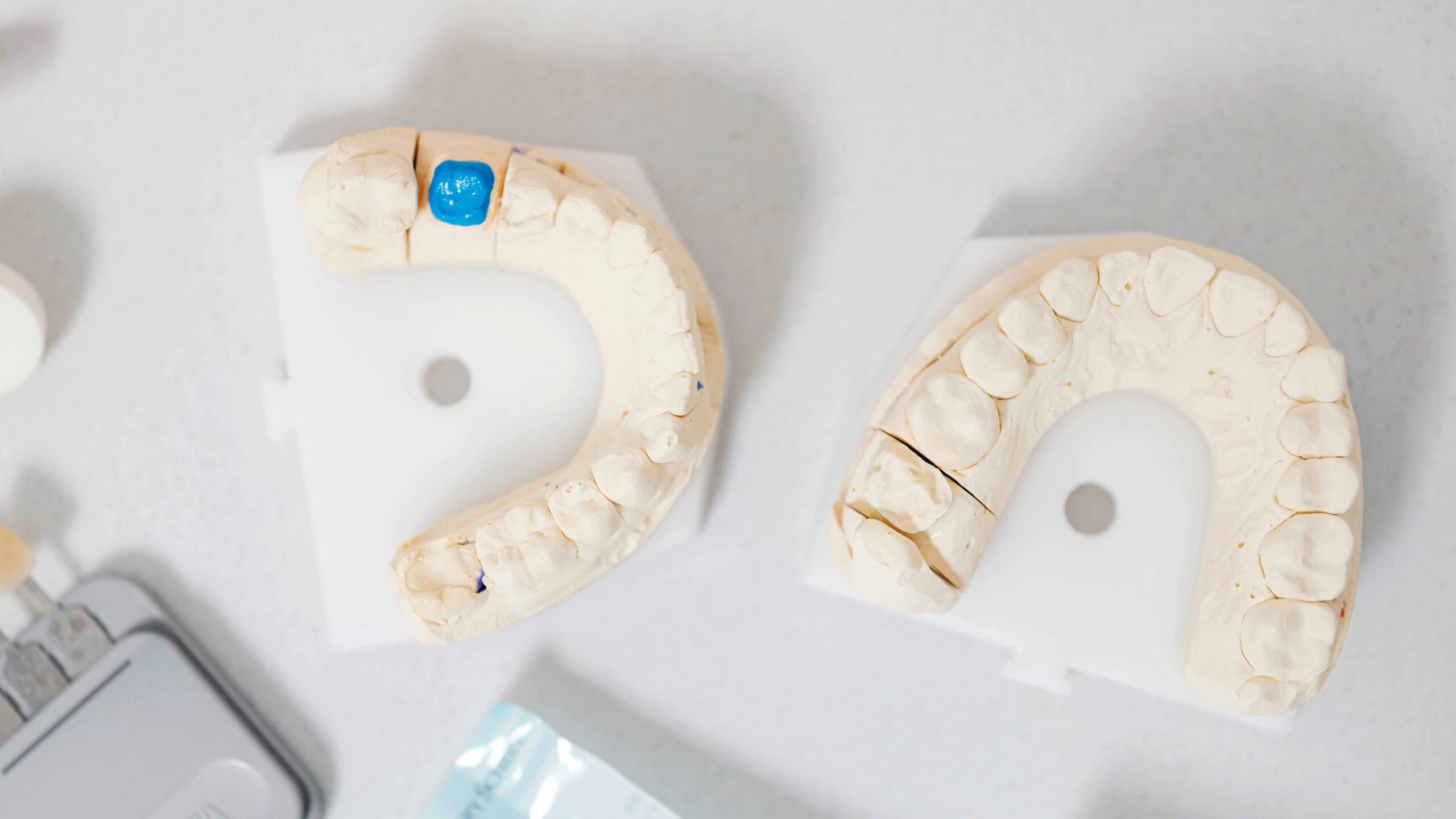Dental implants offer a lasting solution for tooth replacement, but questions often arise regarding the best timing for this procedure. For individuals who have waited months, years, or even decades since tooth loss—or for older adults facing additional health concerns—there’s often a sense of urgency or doubt about eligibility. Let’s explore whether there’s an age or time-frame that can make it “too late” for dental implants and the key factors influencing this decision.
Why Timing Matters for Dental Implants
When a tooth is lost, the jawbone beneath it begins to reabsorb or shrink due to lack of stimulation from the tooth root. Over time, this bone loss can make it more challenging to place dental implants securely. This bone resorption progresses gradually, meaning that the longer a tooth is missing, the more bone loss occurs. For some, this could mean additional procedures like bone grafting are needed to create a stable foundation for implants. However, advances in dental techniques have made it possible for many people to receive implants even years after tooth loss, regardless of age.
Key Factors Affecting Dental Implant Timing
- Bone Density and Health
The health and density of the jawbone play a critical role in the success of dental implants. Significant bone loss can make it difficult to place an implant securely. In such cases, dentists may recommend bone grafting, a procedure that restores bone volume and prepares the site for implant placement. While this adds time to the overall process, it can ensure a long-lasting and stable implant. - Overall Health and Age
While age alone is not a limiting factor, general health conditions associated with aging—such as diabetes, osteoporosis, or cardiovascular issues—can impact dental implant eligibility. Older adults may worry that their age disqualifies them, but studies show that healthy seniors can often undergo successful implant procedures. In fact, age has less impact on success than factors like bone health and the presence of chronic conditions. - Gum Health and Oral Hygiene
Good gum health is essential for successful implants. If gums are inflamed or infected (due to periodontal disease), treatment will be required before implants are placed. Severe gum disease left untreated over years can damage surrounding teeth and reduce the chances of a successful implant, but treating periodontal disease can make implant placement feasible. - Duration Since Tooth Loss
The length of time since tooth loss affects bone loss but doesn’t automatically disqualify someone from getting implants. If a tooth has been missing for several years, a dentist may suggest preliminary treatments like bone grafting or sinus lifts to rebuild the bone. These treatments have been successful for countless patients and allow individuals who’ve experienced long-term tooth loss to still benefit from implants.
When Is It Too Late to Get Dental Implants?
While the timeline after tooth loss does impact treatment complexity, it is rarely ever “too late” to get dental implants. Dental advancements mean that even individuals who have gone many years without a tooth can often pursue implants successfully. Key factors like bone health, overall medical condition, and gum health are the primary determinants. In rare cases, severe bone loss or unmanaged chronic illnesses may restrict eligibility, but even these challenges can often be managed with bone grafting or alternative implant types. The best approach is a personalized consultation with a specialist who can assess specific factors and recommend solutions tailored to your needs.
Is There an Age Limit for Dental Implants?
One of the most common misconceptions is that dental implants aren’t suitable for older adults. Fortunately, there is no maximum age limit for implants. Many dentists successfully place implants in patients well into their 70s, 80s, and even 90s. The deciding factor is overall health, not age, as implants placed in healthy older adults often have similar success rates as those in younger patients. For seniors considering dental implants, a thorough health assessment is essential to address potential risks.
Medical Conditions That May Affect Dental Implant Eligibility
Certain medical conditions, especially when poorly managed, can interfere with the healing process and the integration of the implant into the jawbone. Conditions like uncontrolled diabetes, bleeding disorders, autoimmune diseases, or cancer treatments can pose risks. However, when these conditions are well-managed, many patients find they can still pursue implants. Consulting with a specialist familiar with dental implants and working closely with other healthcare providers can help address any unique health considerations.
Advanced Solutions for Complex Cases
For individuals who have waited many years or have significant bone loss, today’s advancements in dental technology offer several solutions:
- Bone Grafting: A common procedure to rebuild bone density, making the jawbone capable of supporting implants.
- Sinus Lifts: For those missing upper back teeth, this procedure raises the sinus floor, creating more space for bone and implant placement.
- Mini Dental Implants: A smaller version of traditional implants, these can be a viable option for patients with limited bone availability or health constraints.
These options allow patients to enjoy the benefits of dental implants even when traditional methods aren’t feasible.
When It Might Be Too Late for Dental Implants
There are rare cases when dental implants may not be advisable:
- Severe Bone Loss Without Grafting Options
If bone loss is so advanced that grafting options are not viable, alternative solutions, such as implant-supported dentures or other dental prosthetics, may be explored. - Uncontrolled Chronic Illnesses
Chronic health conditions that cannot be managed or controlled may make dental implants risky, as the healing process may be compromised. - Severe Periodontal Disease
When gum disease is left untreated for too long, it can erode the surrounding tissues and jawbone. While treating periodontal disease can still make implant placement possible, long-term untreated cases may leave the jawbone unsuitable for implants.
Benefits of Acting Early for Dental Implants
While it’s never necessarily “too late” for dental implants, acting sooner rather than later provides significant benefits:
- Preventing Further Bone Loss
Implants provide the same stimulation to the jawbone as natural teeth, halting the process of bone resorption and preserving facial structure. - Better Oral Health
A missing tooth can lead to shifting of surrounding teeth and an increased risk of decay and gum disease. Implants help maintain alignment and promote healthier gums. - Enhanced Quality of Life
The ability to chew, speak, and smile confidently without discomfort is a major advantage of dental implants, contributing to overall well-being.
Consult with a Dental Implant Specialist
If you’re concerned that it may be too late for dental implants, the best approach is to consult with a qualified dental implant specialist. They can evaluate your specific needs, review your oral and general health, and recommend the most suitable treatment options. Dental technology has advanced tremendously, so even if you’ve waited years or face unique health challenges, there’s often a solution that can help you regain a natural-looking smile.


Leave a Reply